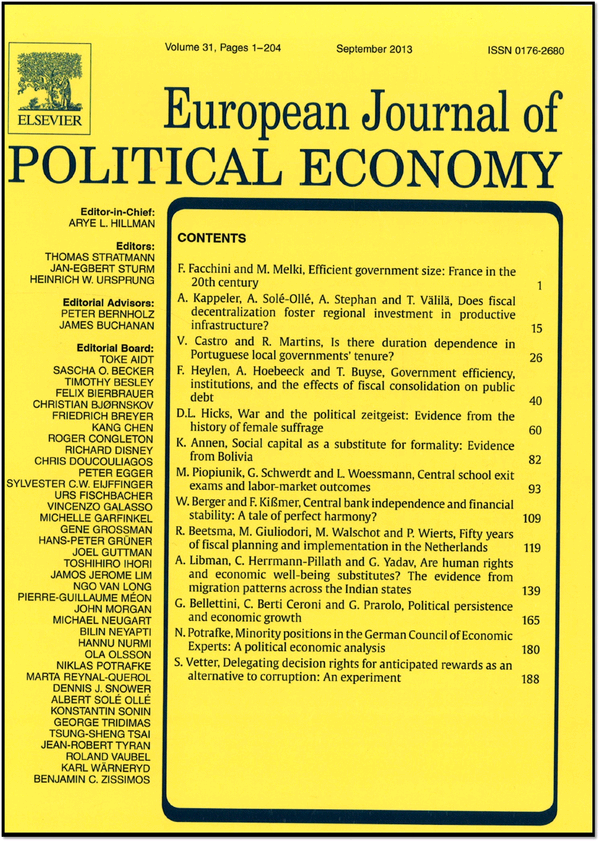
Delay Determinants of European Banking Union Implementation
Most countries in the European Union (EU) delay the transposition of European Commission (EC) directives, which aim at reforming banking supervision, resolution, and deposit insurance. We compile a systematic overview of these delays to investigate if they result from strategic considerations of governments conditional on the state of their financial, regulatory, and political systems. Transposition delays pertaining to the three Banking Union directives differ considerably across the 28 EU members. Bivariate regression analyses suggest that existing national bank regulation and supervision drive delays the most. Political factors are less relevant. These results are qualitatively insensitive to alternative estimation methods and lag structures. Multivariate analyses highlight that well-stocked deposit insurance schemes speed-up the implementation of capital requirements, banking systems with many banks are slower in implementing new bank rescue and resolution rules, and countries with a more intensive sovereign-bank nexus delay the harmonization of EU deposit insurance more.





